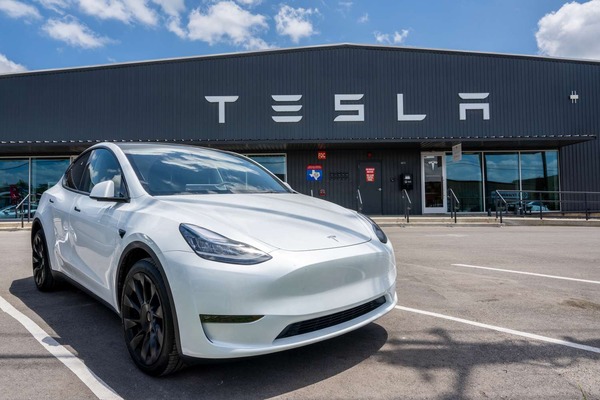In a move that would completely change Google’s search business, the company is considering charging for new “premium” features driven by generative AI.
Even though ChatGPT has been out for almost a year and a half, the company is still trying to figure out how to protect its advertising business from new technologies, such as the one it wants to change its cash cow search engine. This would be the first time the company has put any of its core products behind a fence.
Google Premium may add AI-powered Search.
According to reports, Google is considering adding AI-powered search functions to its premium subscription services, including its new Gemini AI assistant in Gmail and Docs.
Read also: Google’s Gemini to power iPhone AI features
Engineers are developing the service’s technology, but management has not decided whether or when to launch it, according to reports.
Google’s free search engine would display adverts even for subscribers.
However, this would be the first time Google, which has provided free consumer services funded exclusively by advertising, has charged for search product advancements.
Google Premium will offer AI-powered Search to transform user experience. It also provides faster, more accurate, personalised results using cutting-edge AI algorithms. It predicts search intent and makes personalised recommendations based on user behaviour and context, improving productivity and pleasure. Key advantages include:
Improved Relevance: AI optimises search results.
Predictive Insights: Predicts user needs for proactive suggestions.
Efficiency: Faster, more accurate searches save time.
Personalisation: Customises outcomes.
Google benefits from ads and Search
Google recorded $175bn in income from search and related ads last year, more than half its total sales, leaving it unsure how to adopt new AI technologies while retaining its most significant profit engine.
Since OpenAI debuted ChatGPT in November 2022, Google has struggled to compete with the popular chatbot. ChatGPT can answer many inquiries wholly and quickly, threatening to replace a search engine’s list of links and its lucrative adverts.
Google started testing an AI-powered search service in May last year, providing more detailed responses and links to more information and advertising. However, the company has been slow to incorporate features from its “Search Generative Experience” experiment into its main search engine.
Because generative AI uses more computational power, Google’s
“AI-powered snapshot” search results cost more to serve. Few users, even Google One subscribers who pay monthly for extra cloud storage, have access to SGE.
Microsoft, which partners closely with OpenAI, debuted Copilot, a chatbot, and improved GPT-powered Search in Bing over a year ago. Since Bing’s market share is far behind Google’s, the new AI features have had minimal impact.
Some analysts have warned that Google’s ad revenue could suffer if its search engine gave more thorough AI-generated results without requiring visitors to click through to its advertisers’ websites. Many online publishers that rely on Google for traffic worry that fewer consumers will come if Google’s AI-powered Search pulls and presents information from their web pages.
Google offered a premium tier to Google One this year for consumers who wanted its most advanced Gemini chatbot. Workspace, which includes Gmail and Docs, now includes Gemini.
Read also: Harnessing next-generation AI with Nvidia Blackwell
The company’s plans to integrate AI-powered Search into these subscription services, which have multiple pricing tiers, and when they will start are still being determined. People familiar with Google’s thinking say it may eventually integrate parts of its experimental AI-powered service into its primary, free search engine.
Google said it will “continue to build new premium capabilities and services to enhance our subscription offerings across Google” but was “not working on or considering” ad-free Search.
“For years, we’ve been reinventing Search to help people access information in their most natural way,” stated Google. We’ve served billions of inquiries with our generative AI experiments in Search, and our main markets are seeing positive query growth. To meet new consumer needs, we’re rapidly improving the product.”
Adding, “We don’t have anything to announce right now.”



